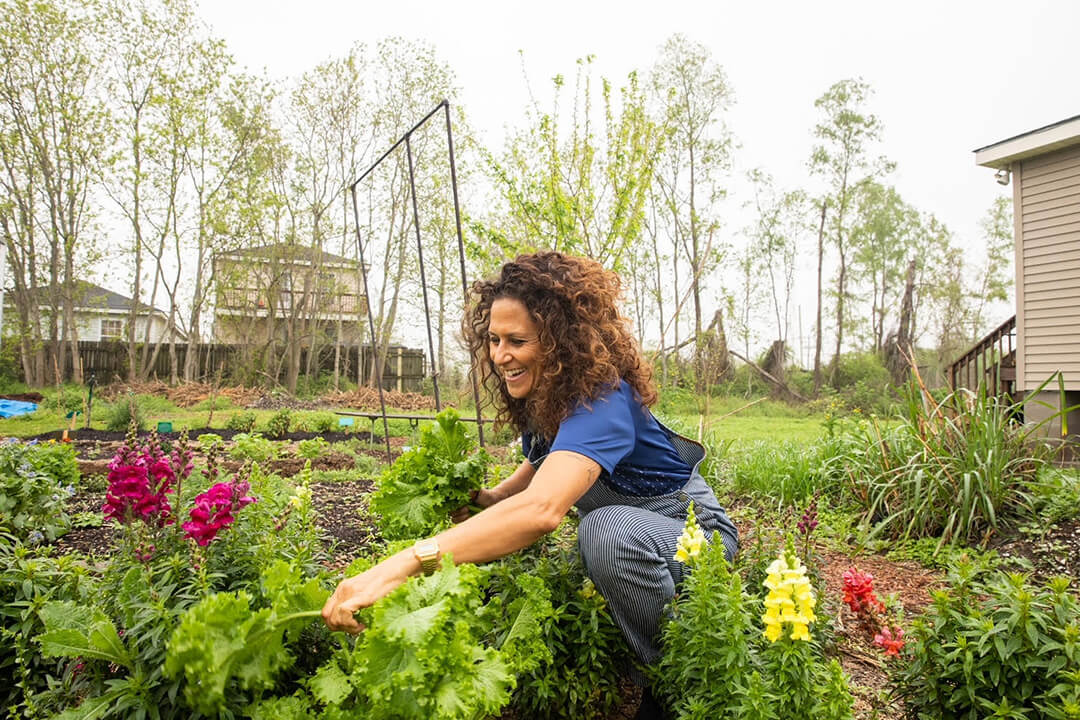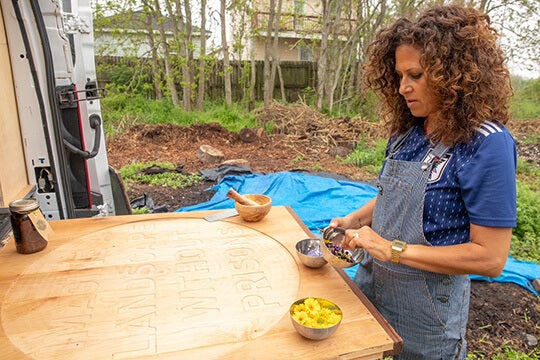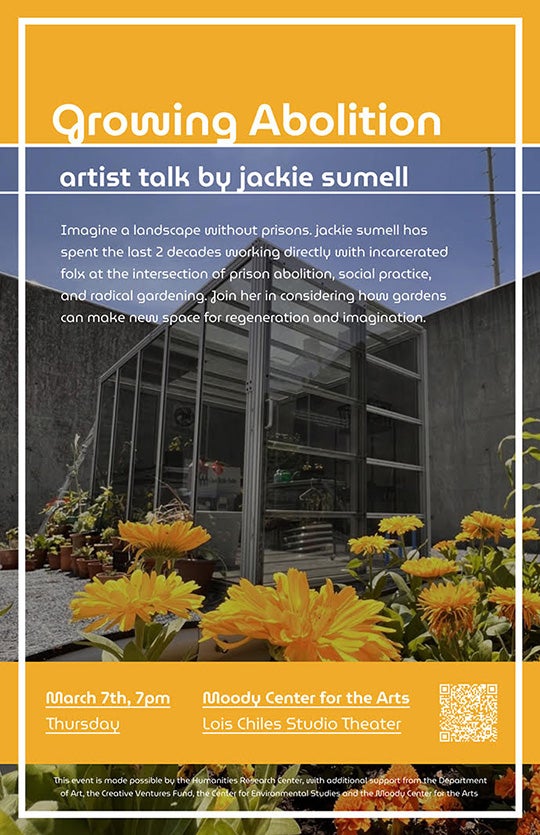
Artist jackie sumell is set to speak at Rice University’s Moody Center for the Arts for a presentation titled “Growing Abolition.” The March 7 event in the Lois Chiles Studio Theater promises an engaging discourse on creative practice, prison abolition and social justice.
With a career spanning more than two decades, sumell (who does not capitalize her name) has been a relentless force in advocating for the rights of incarcerated individuals. Through her unique blend of social sculpture and activism, she has collaborated with notable figures such as Herman Wallace, Albert Woodfox and Robert King — collectively known as the Angola Three — bringing their stories to the forefront of public consciousness.

The work being done by sumell goes beyond traditional art boundaries, challenging viewers to confront the realities of the prison industrial complex while envisioning a future without incarceration. Her projects, including “Herman’s House” and “Solitary Gardens,” have garnered international acclaim and sparked conversations about systemic change.
As the recipient of prestigious fellowships and residencies, including the A Blade of Grass Fellowship and the Soros Justice Fellowship, sumell’s impact extends far beyond the confines of the art world. Her relentless advocacy work has positioned her as a leading voice in the fight against solitary confinement and the broader movement for prison reform.

“This impactful work at the intersection of art and activism promises to inspire meaningful dialogue and reflection among our students and community,” said Natasha Bowdoin, Rice associate professor in visual and dramatic arts, who organized the event. “This is an opportunity to engage directly with sumell’s transformative practice and to contemplate on how plants might be a useful model for liberation.”
In addition to serving as an introduction to sumell’s work, the presentation is a precursor to a longer-term, community-engaged project on the Rice campus next fall that Bowdoin and sumell are in the process of envisioning.
The free event, which underscores Rice’s commitment to fostering dialogue on pressing societal issues, is sponsored by the Humanities Research Center with additional support from the Department of Art, the Creative Ventures Fund, the Center for Environmental Studies and the Moody.
For more information about “Growing Abolition,” click here.

